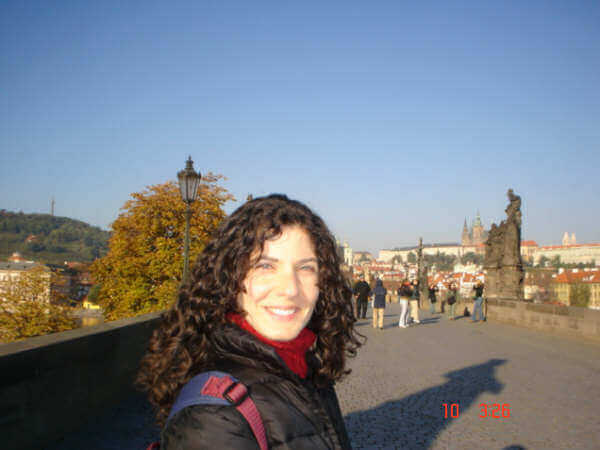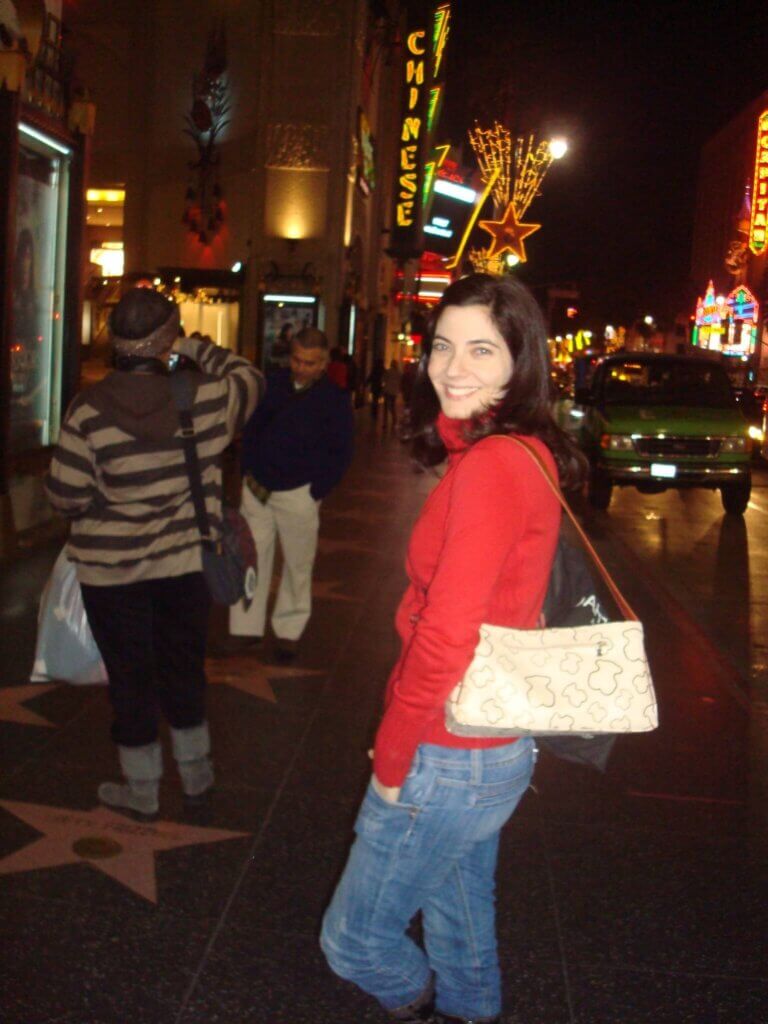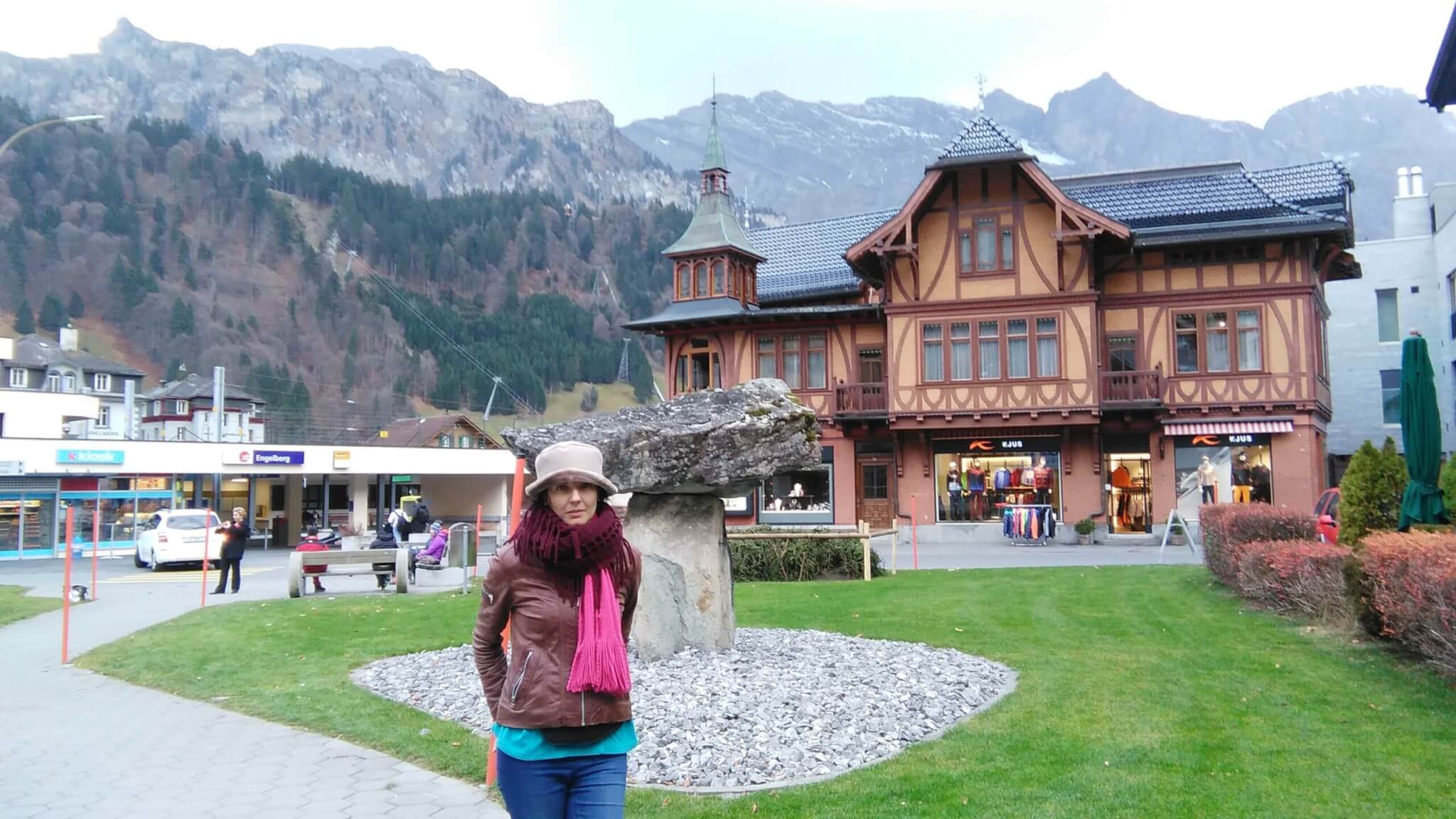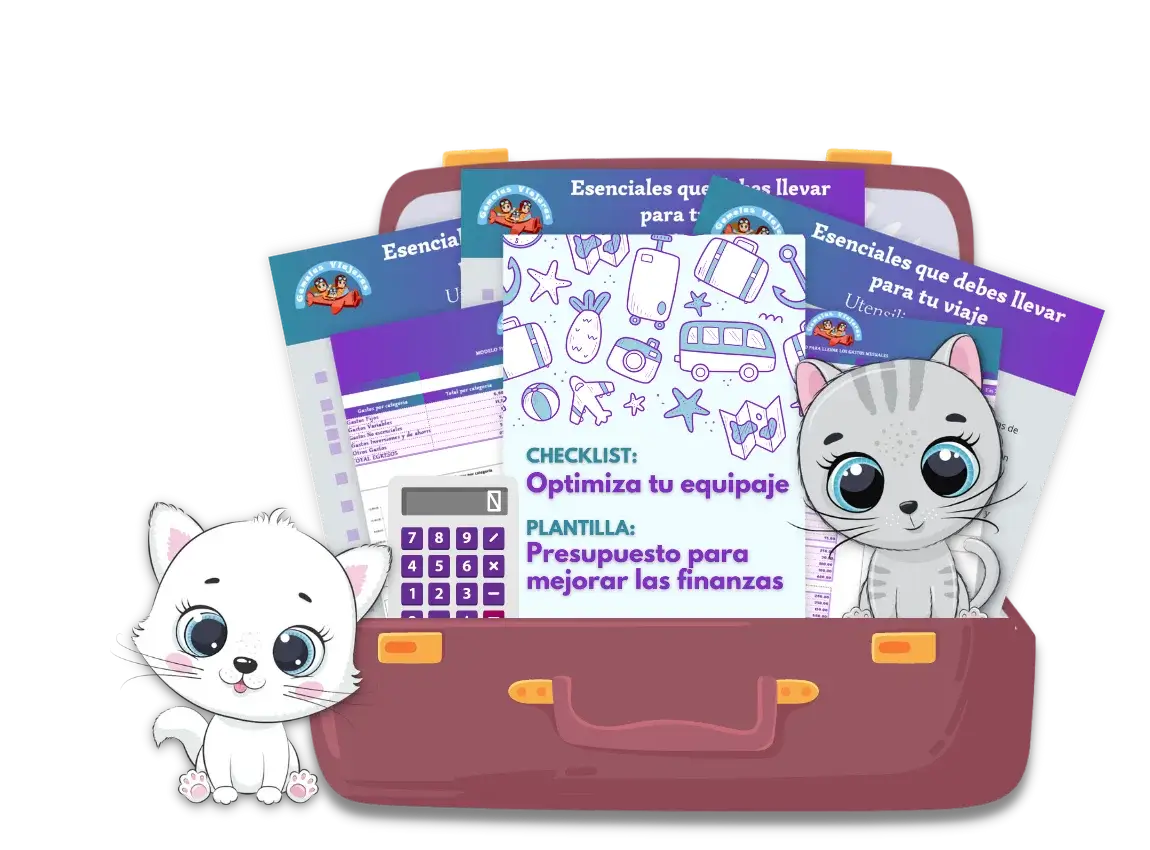Traveling is a school. And this activity has made us better people, wiser, more awake, more informed and above all, more aware of the world we share.
This is the first installment of two articles that we have written about what we have learned in these ten years of traveling the world.
- Traveling is not that expensive. We thought that traveling was only available to the “wealthy”. These years of globetrotting have taught us that this is not the case. Checking prices of different offers, with services such as Airbnb, airline apps with promotions, low-cost tours, etc. the truth is that we have discovered that traveling is quite accessible to any pocket.
- Some think that paying for a ticket “last minute” will result in a better price. That is false. In fact, it may cost you more. And also if you buy a ticket at the last minute it is possible that you have not made your accommodation reservations, which will result in higher prices for accommodation as well. Or worse, that you cannot find accommodation.
- There are fearful people who do not travel because they think that, seeing their tourist faces, someone will want to take advantage. Do not think that they are going to rob you, that they are going to rip you off. We think that 95% of the people are willing to help. The vast majority in the world is good. But it’s only the bad guys that make the news.
- Don’t be naive either.
- Yes it is true that some will want to take advantage if they see you as a tourist. Some service providers, if they realize that you are a tourist, will want to inflate their prices. That is why it is important that we do a preliminary investigation on the prices in our destinations. A very useful page to find out cost of living is Numbeo.
- It is not more dangerous or risky for two women to travel and even one woman alone. Just apply common sense: don’t visit certain sites in certain countries at certain times. There are very good websites where travelers comment on their experiences. You should try to soak up as much as possible of the etiquette and codes of conduct of the country you want to visit. This is especially true in Muslim countries.
- Take off that shyness of talking to people from your destination. Talking with people on the street can be an excellent way to find out about offers, places to visit, shops, restaurants that you would not have thought of finding out on your own. Who better than a native to tell you what is worth visiting? And 80% of his recommendations we assure you that they do not appear in the tourist guides.
- Expanding on the above, do not be afraid to ask questions that may seem obvious to your accommodation, to the guides or to anyone. In our case, on several occasions we saved ourselves a rush to ask questions that we took for granted. For example, it turned out that the accommodation included breakfast and we thought it did not.
- Responsable tourism. When visiting Thailand, one of the things we wanted to do was ride an elephant. But we discovered that these animals are abused and we refuse to support such predatory tourism. If you go to an artisan market, find out who makes the garments. In several countries, child labor is exploited to make souvenirs for tourists. Traveling makes you aware and compassionate. Better human being.
- Do not listen (or do so with reservations) to the well-meaning “advice” of people who alert you against certain destinations, their people or customs. In many cases, these people have not even been to those places and simply repeat what they have heard from others. In some cases they have, but their story doesn’t have to be the same as yours. You must build your own story, that’s what traveling is all about.
- One important thing traveling has taught us is to be thankful. Grateful for the opportunity to travel, meet people and wonderful views. Gratitude is a powerful engine that brings more good things. Traveling has also made us more tolerant, humble and understanding towards other cultures and people.
- On trips, especially long ones, we have learned the importance of rest. When you travel, you want to know everything, take advantage of every minute to see different things. In reality, traveling is about assimilating experiences and you will hardly do it if they are tired or in a hurry to move on to the next attraction. As a gourmet who takes time to enjoy food, you should take your time to absorb your experiences and let them become part of you.
- Always reserve what can be reserved. Accommodations, visits, restaurants, walks, etc. You will save time, money and you will get peace of mind. Make a planning of your stays and visits and stick to the plan (maintaining a plan B). Doing so even improves your spontaneity, because you will save time and money that can allow you to take another adventure that you had not planned.
- In the places where they are available, do not stop taking the free walking tours. These are guided walking tours where you will learn stories and make visits that do not appear in traditional tourist guides. They are one of the best ways to get to know a town, and it is also free. Although if you like the walk, leave a tip to the guide.
- Do an activity like a local would. Cut your hair, go to the market, pay for a good massage. That will give you a better overview of the place where you are, because these activities can be done in places not intended for tourists. This way you will get in touch with the natives and share their day to day.
- We have learned how a simple gesture like trying to speak the language of your destination can open many doors for you. Learn the most used phrases in the vernacular of your destination. It is a great way to get into conversation with a native speaker, plus they will appreciate if you make an attempt to learn their language and don’t try to communicate in English, as if everyone is required to know English.
In the next installment, we’ll share more amazing things we’ve learned in our years of traveling the world. So don’t miss it!



